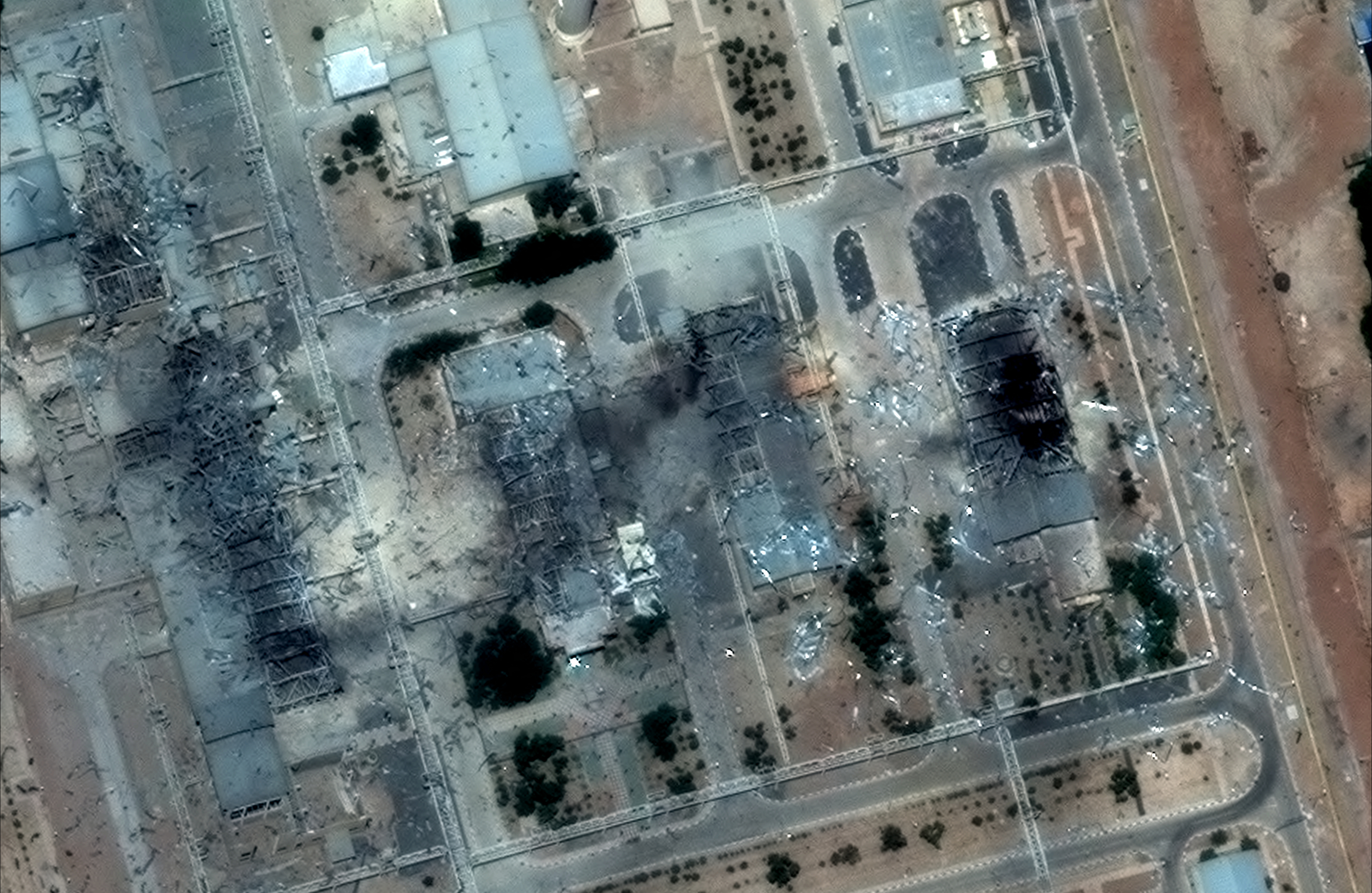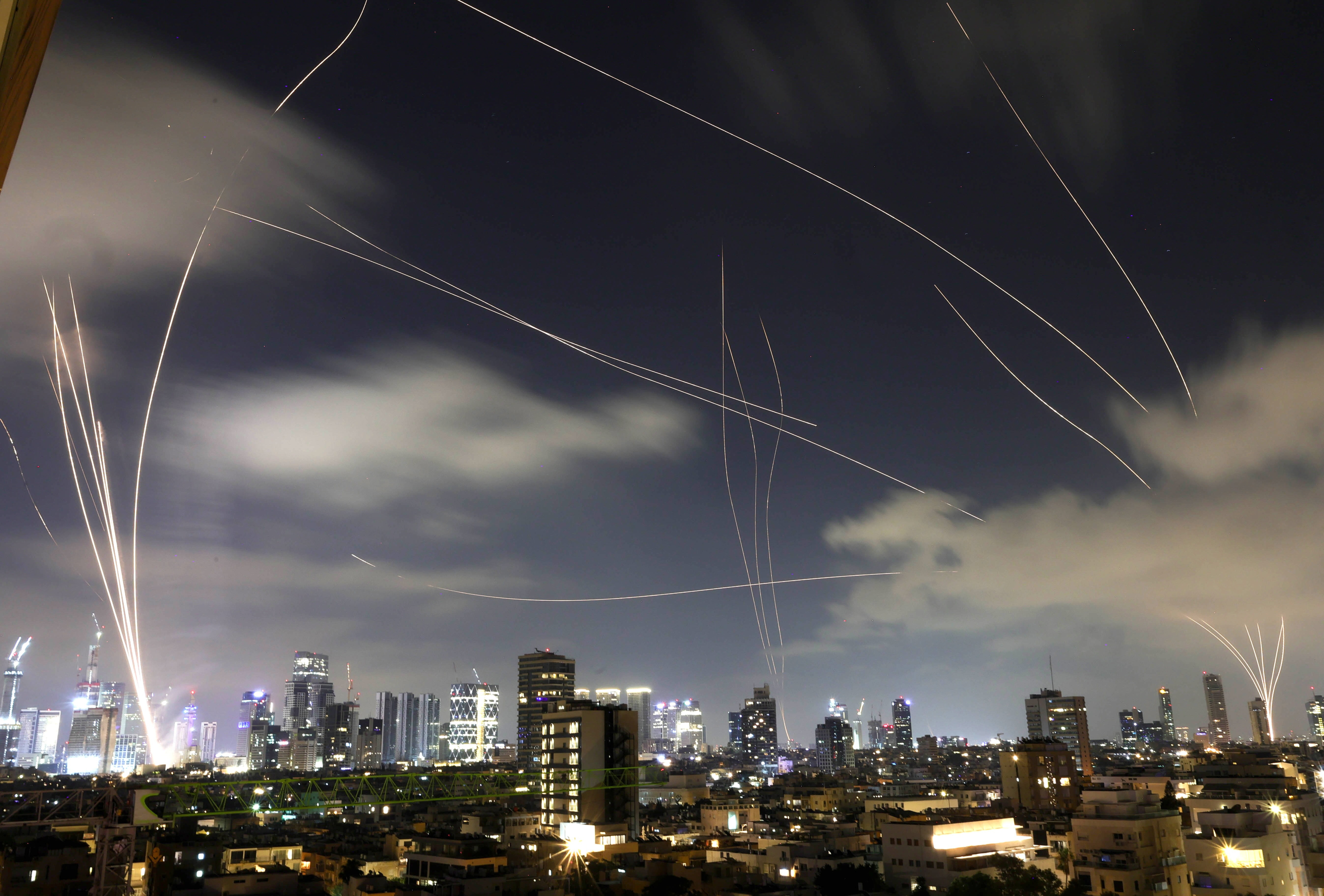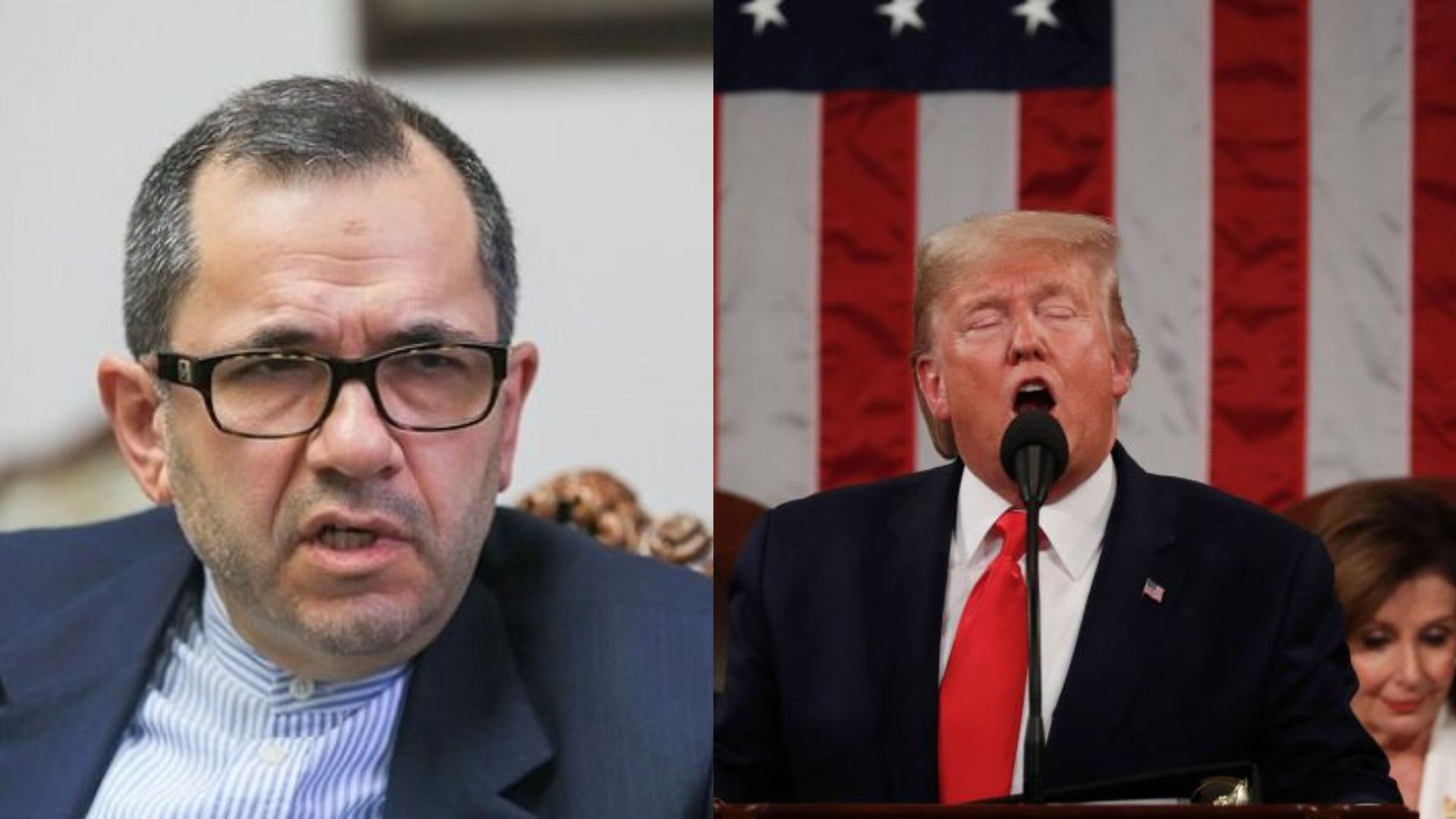Iran says it will adopt a new form of cooperation with the UN and is exploring details for talks with the US.

Iran said Saturday that it will "adopt a new form" of cooperation with the International Atomic Energy Agency (IAEA), following the enactment of a law suspending Tehran's ties with the UN nuclear agency.

Isfahan nuclear plant, Iran, after the US bombing. Photo: AFP
Meanwhile, Iran indicated that it is studying details with a view to a possible resumption of talks on its nuclear program with the United States.
“ Our cooperation with the IAEA has not been interrupted. Of course, it will take a new form, which is completely natural,” Iranian Foreign Minister Abbas Araqchi said during a meeting with ambassadors, chargés d'affaires, and heads of foreign missions in Tehran, IRNA reported.
Araqchi explained that, according to the parliamentary law, cooperation with the international organization is managed through the Supreme National Security Council, and requests for IAEA cooperation and surveillance in Iran will be reviewed "case by case" by this council, which will make a decision on the matter "taking into account security issues."
Iran's top diplomat accused the IAEA of "preparing the ground for military attacks" by Israel and the United States against Iran between June 13 and 24, including the US bombings of the Fordo, Natanz, and Isfahan nuclear facilities.

View of the Israeli Iron Dome defense system intercepting Iranian missiles. Photo: EFE/Abir Sultan
In addition to these attacks, Israel killed at least 11 nuclear scientists during the war.
"We are not satisfied with the actions of the International Atomic Energy Agency. The report prepared by the agency became the basis for a purely political resolution by the Board of Governors, which became a pretext for military attacks," Araqchí denounced.
The Iranian minister also warned of the risk of "the spread of radioactive materials and the explosion of remnant munitions from the war," and indicated that allowing IAEA inspectors to approach these centers "is a security issue that must be examined."
He also reiterated that his country's nuclear program "is peaceful and will remain peaceful," something that Araqchi said Iran has been trying to demonstrate to the world for 20 years.
"We believe that nuclear weapons are not only inhumane, but also illegal according to the teachings of Islam," Araqchi said, adding that Tehran will remain a committed member of the Nuclear Non-Proliferation Treaty (NPT).
Possible talks between Iran and the US Regarding a possible resumption of talks on its nuclear program with the United States, Tehran indicated that it is studying the details.

Iranian Deputy Prime Minister Majid Takht-Ravanchi and Donald Trump. Photo: x:@kuna_en and AFP.
"We are reviewing the timing, location, form, content, and guarantees required" by Iran for any negotiations, declared Iranian Foreign Minister Abbas Araqchi, the main negotiator for Iran.
Tehran and Washington had been engaged in a series of talks since April, but on June 13—two days before a new meeting was scheduled in Oman— US ally Israel launched a surprise attack on Iran and its nuclear facilities.
eltiempo





